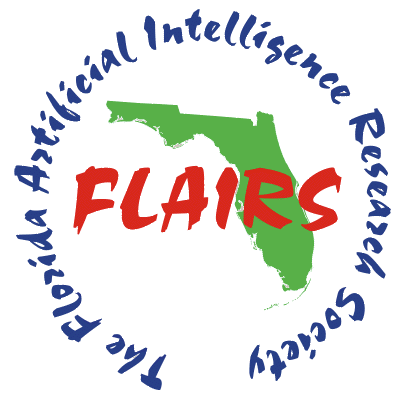Toward Automated Knowledge Discovery in Case-Based Reasoning
DOI:
https://doi.org/10.32473/flairs.37.1.135434Keywords:
Automated Case Elicitation, case-based reasoning, explainable AI, Generative AI, ChessAbstract
Automated Case Elicitation (ACE) enables case-based reasoning (CBR) systems to automatically acquire knowledge through real-time exploration and interaction with environments. CBR is an explainable AI methodology, where decisions are based on previous encounters. ACE combined with CBR continues learning as it is being deployed, and produces specific cases that can be reviewed by humans, unlike pretrained large language models (LLMs) that learn by training offline on prior data. ACE and CBR may be useful methods to gather training data for use with generative AI, or to help them to adapt on the fly. This research explores ACE's potential by applying it to chess and conducting extensive experiments against Stockfish, the world's highest rated chess engine. An ACE agent was developed that combines random exploration with shallow alpha-beta search for novel game states. Results over 1000+ games showed the ACE player defeated Stockfish in nearly 10% of games—a notable achievement given Stockfish's extreme strength. Notably, the ACE agent required only 0.1 seconds per game compared an average of 8 minutes for Stockfish, while still gradually improving its win rate through accrued experience. Detailed analyses revealed how the relaxation of ACE's case matching criteria along with selective retention of useful cases enabled accumulation of strategic chess knowledge. The research provides valuable insights into ACE's proficiency for knowledge discovery in complex, adversarial domains. It lays groundwork for integrating ACE, an unsupervised CBR learner, with modern deep learning techniques like neural networks and large language models to combine the strengths of symbolic and subsymbolic AI. By demonstrating ACE's ability to extract strategic knowledge against world-class opponents, this work highlights its potential for impact across gaming, autonomous systems, and other complex problem-solving domains.
Downloads
Published
How to Cite
Issue
Section
License
Copyright (c) 2024 Sherri Weitl-Harms, John Hastings, Jay Powell

This work is licensed under a Creative Commons Attribution-NonCommercial 4.0 International License.


